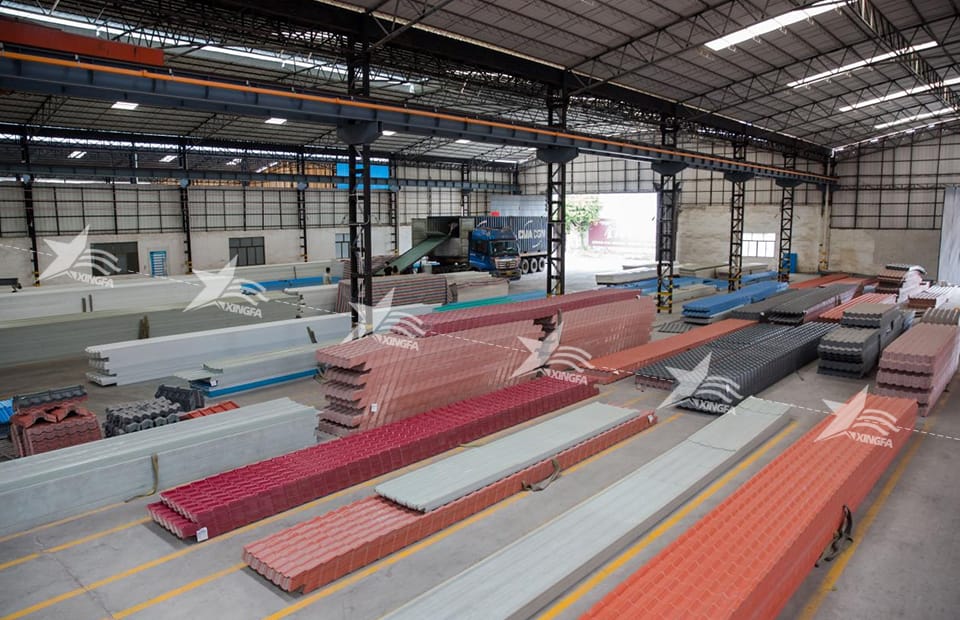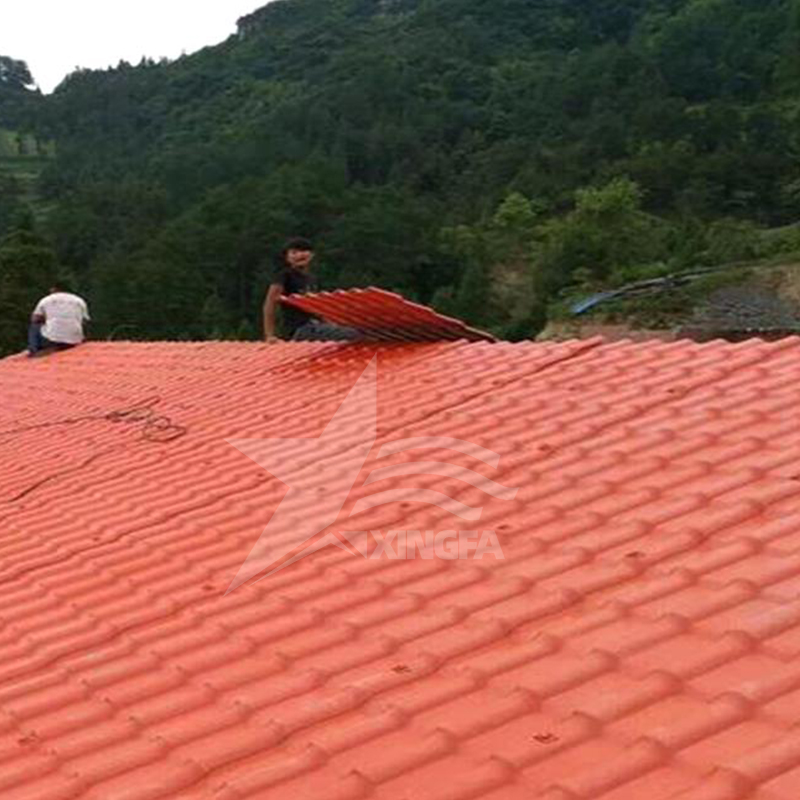As a kind of polymer composite material, resin tile is widely used in construction and engineering fields because of its excellent thermal insulation performance and light installation characteristics. However, sometimes we may find bubbles and holes on the surface of the resin tile, today follow me to understand why this happens.
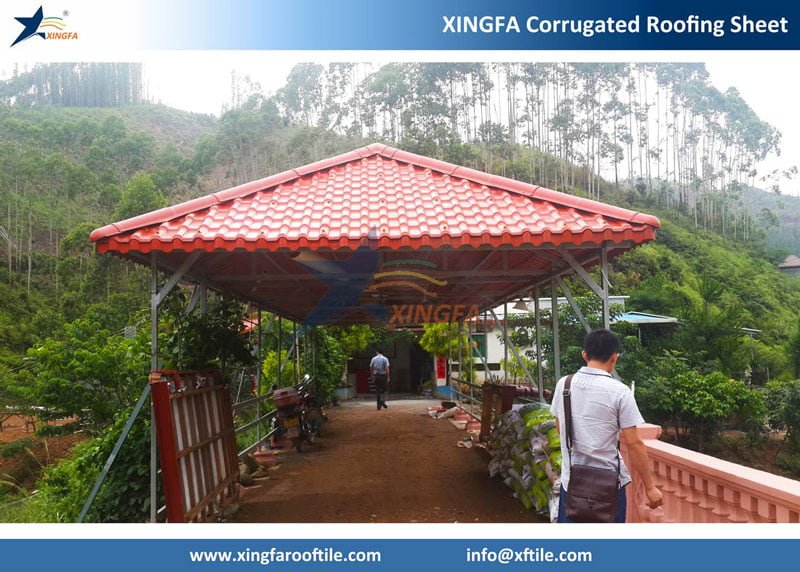
Causes of the bubble problem:
Hybrid process: in the manufacture of resin tile, the vacuum measures are not taken when mixing the polymer composite material, resulting in the gas residue to form bubbles in the material.
Gel too fast: The resin tile gel is too fast for the bubble has enough time to escape and remaining on the finished surface.
Improper material ratio: the material ratio composed of resin tile is not correct, which may lead to bubble problems.
Lack of secondary vacuum treatment: in the manufacturing process, no secondary vacuum treatment was carried out, and the bubbles were not completely discharged.
Lack of additives: no damp dispersant, defamagent and other additives, these additives can effectively reduce the production of bubbles.
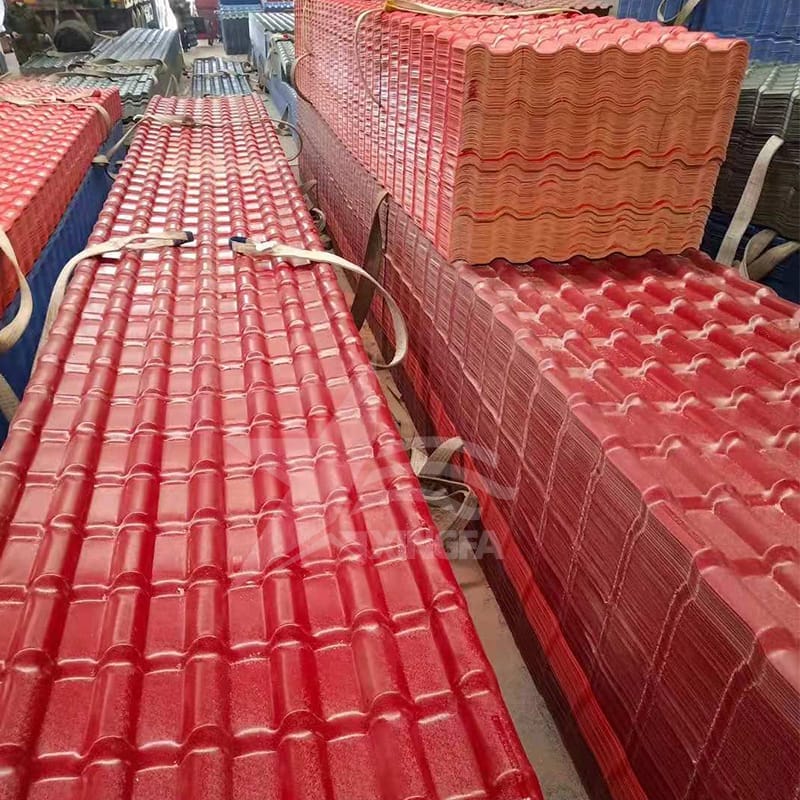
resolvent:
Technical improvement: When mixing polymer composite materials, vacuum measures should be taken to ensure uniform mixture and reduce bubbles.
Control the gel speed: adjust the temperature and time during the gel process to allow enough time for the bubble to escape.
Accurate ratio: carefully control the ratio of resin tile composition materials to ensure a reasonable proportion and reduce the bubble problem.
Introduction of secondary vacuum treatment: secondary vacuum treatment steps are introduced in the manufacturing process to help more thoroughly exhaust bubbles.
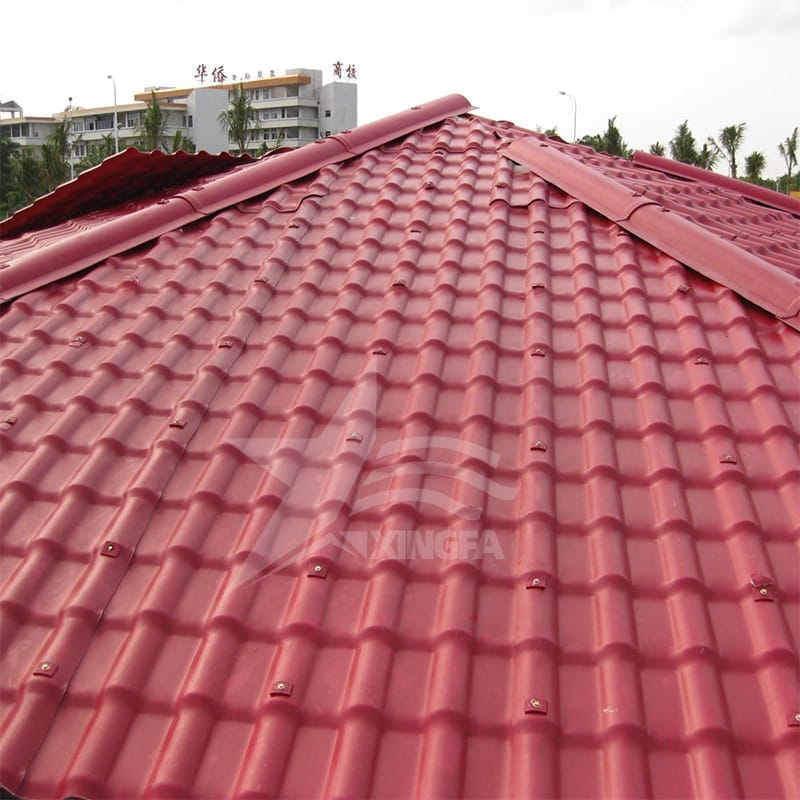
Add additives: an appropriate amount of added damp dispersant, antifoam agent and other additives, help to reduce the possibility of bubble generation.

